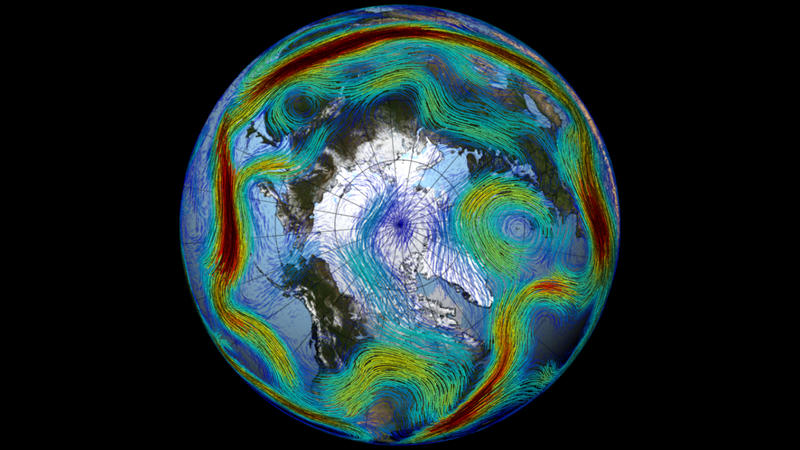Date:
Location:
"Seasonal sensitivity of the jet-stream to Arctic temperatures on subseasonal timescales"
The unprecedented loss of sea ice and associated amplified warming of the Arctic in recent years has spurred a flurry of research on how these changes at high latitudes may impact the jet-streams, and thus weather, at lower latitudes. While there is ample model evidence that future Arctic warming and sea ice loss will modulate the changes to the jet-stream by 2100 under climate change, there is much disagreement on whether we have already witnessed substantial impacts. One possible reason for the substantial disagreement in the literature is the issue of causality. Most observational studies employ some form of correlation analysis in an attempt to quantify the response of the midlatitude circulation to variations in sea ice loss and Arctic warming. However, as the saying goes, ``correlation does not equal causation'', and thus, there is always concern that the links identified are instead a reflection of the midlatitude circulation driving the Arctic warming and ice loss.
Even with the disagreement in the literature on the magnitude of the effect of Arctic warming and sea ice loss on midlatitude weather, most studies seem to agree that any circulation response will be a strong function of season. This seasonality is in large-part attributed to the seasonality of sea ice itself and how it impacts near-surface Arctic temperatures. For that reason, most studies focus on the winter months when Arctic amplified warming is maximized. Largely neglected up until this point is how the seasonality of the midlatitude circulation itself may impact the seasonality of its response since the seasonal progression of the jet-streams represent variations in the dynamics that ultimately dictate the position, strength, and variability of the flow.
In this work, we quantify the seasonal sensitivity of the jet-stream to Arctic warming on short (subseasonal) timescales. We decouple the seasonality of the circulation from that of the warming by quantifying the response of the jet-stream to a 1 Kelvin warming of the Arctic lower troposphere. Since modeling evidence suggests any jet response will likely be small compared to internal variability, we make use of 4800 years of climate model simulations to extract the forced signal from the noise. Unlike most previous studies who employ instantaneous or lagged correlations, we take an approach from causality theory, namely, Granger causality, in an attempt to ensure we are capturing the jet response to Arctic warming and not the other way around. With this approach, we demonstrate a clear seasonality in the jet-stream sensitivity to Arctic warming - although the signal is very weak - and discuss the implications for mean state climate model biases. [Background reading]
